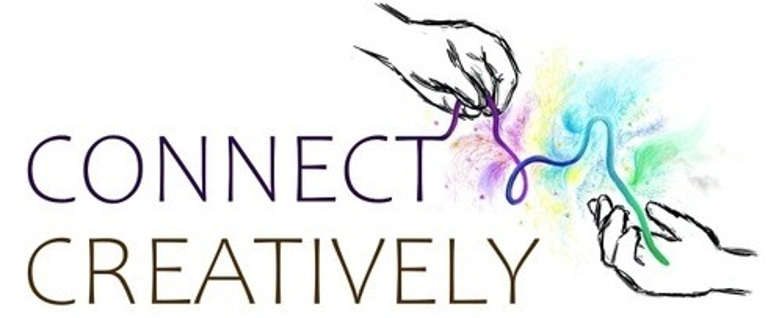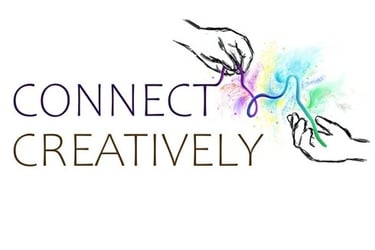Finding "The One": How do I find the right therapist for me?
I've decided to participate in therapy. How do I find the right therapist for me?
PSYCHOTHERAPY
11/28/20232 min read


You've decided to participate in therapy. AMAZING! This is a really big decision and the first step to working towards your goals. The next step is finding a therapist. This can be overwhelming. There are so many therapists online. Each therapist offers something different, a different specialty, expertise, populations served, education -
Which therapy do I choose? Which therapist would be best for me?
Which therapist will best support me or my loved one?
Where do I even begin?
It's crucial to find someone who not only has the necessary qualifications, but also understands and connects with you or your loved one on a personal level.
Here are some considerations to think about on your journey to finding the right therapist and some questions to ask during the process.
1. Assess Your Needs
Before beginning your search for a therapist, take some time to reflect on your specific needs, or concerns. Determine whether you require individual therapy, family / couples therapy, or therapy for your child. Identifying your needs will help you narrow down your search and find a therapist who specializes in the areas you require assistance with.
2. Research Therapists
Start by researching therapists in your area who specialize in your specific needs. You can use online directories, search engines, or ask for recommendations from trusted friends or healthcare professionals. Take note of their qualifications, experience, and any reviews available.
Think about your therapy goals and who may be the best fit to guide you towards this goal. It can be helpful to know what kind of therapy style you prefer, when you meet a therapist.
Some questions to consider when looking at a therapist's profile:
What client population do they serve?
What training, experience, education and credentials do they have?
3. Questions to Ask the Therapist
When you have shortlisted a few potential therapists, schedule a 15-minute complimentary call or consultation to ask them some important questions. These questions will help you gauge their expertise and determine if they are the right fit for you or your child. Here are some questions you can ask:
What would a session look like with you?
My therapy goal is _____. How would you approach this with me or my child?
Do you have experience working with individuals/couples/children with similar concerns?
What are your fees? Do you accept insurance?
Do you offer in-person or online sessions?
What is your availability?
4. Assessing the Fit
During the initial session with a therapist, pay attention to how comfortable you feel in their presence. A good therapist should create a safe and non-judgmental environment where you or your child can openly express thoughts and emotions. Consider the following factors:
Do I feel heard and understood?
Does the therapist style align with what my therapy needs?
Do I feel comfortable sharing personal information?
Do I feel a connection or rapport with the therapist?
Do I trust the therapist?
5. Trust Your Instincts
Ultimately, trust your instincts when choosing a therapist. If something doesn't feel right or you don't feel a connection, it's okay to continue your search. Finding the right therapist is a personal journey, and it's essential to find someone who aligns with your needs and values.
By assessing your needs, asking questions, and trusting your instincts, you can find a therapist who provides the support and guidance you require. Therapy is a collaborative process, and finding the right fit is essential for a successful therapeutic journey.


